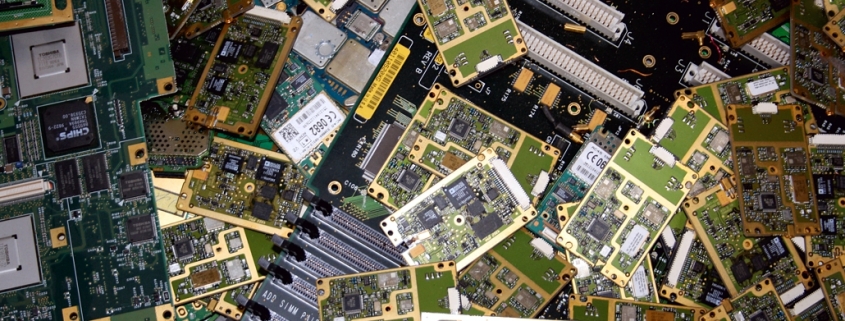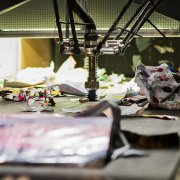Switzerland Helps to Boost Egypt’s E-Waste Recycling Industry
In March this year, Switzerland and Egypt agreed to extend the Sustainable Recycling Industries (SRI) project – originally launched in the country in 2016 and completed in 2018 – through an additional grant contribution for the period 2020-2023.
The first project, launched 2016 in Egypt, aimed to support sustainable integration and participation of small and medium-sized enterprises in the recycling of electronic waste (e-waste) in the country. The project was successfully completed in 2018, SRI gave account. “The continuation of the project for the period 2019-2023 seeks to consolidate the outcomes achieved so far.” The new activities would address the remaining challenges and “contribute positively to the areas of policy and legislation, standard requirements, technology and business development”.
As reported by the Egyptian Ministry of Communications and Information Technology (MCIT), the Ministry of Environment, in collaboration with MCIT, “has been inventorying the e-waste recycling sector, with the size of e-waste in Egypt amounting to 88,000 tons, annually”. The Environment Ministry had also developed legislations “to transform the unofficial e-waste sector into an official one, in cooperation with the United Nations Development Program (UNDP), through the safe disposal of e-waste project”. The Swiss agency that will execute the second phase of the project is the Swiss Federal Laboratories for Materials Sciences and Technology (EMPA), together with the World Resources Forum and Sofies. The local implementing partner is the Ministry of Communications and Information Technology and the Centre for Environment and Development for the Arab Region and Europe (CEDARE).
According to the information on the SRI homepage, the extension in Egypt is part of a larger program that will be implemented in five countries: Egypt, Colombia, Ghana, Peru and South Africa, with total funding of 6.5 million Swiss Francs (about 6.7 million US-Dollar). The funding is shared from the Swiss State Secretariat for Economic Affairs (SECO).
About SRI
In developing countries, the recovery of materials from waste is mainly carried out by thousands of individual workers in what is referred to as the “informal” sector. This involves numerous risks, such as environmental pollution, health hazards and the cross-contamination of hazardous substances. In general, there is a lack of quality and sustainability standards. The State Secretariat of Economic Affairs (SECO) has been developing knowledge partnerships in the area of e-waste since 2003.
As part of the “Swiss e-Waste Programme”, Switzerland has supported India, China, South Africa as well as Columbia and Peru in their efforts to improve their e-waste management systems. Meanwhile, appropriate regulations have been enacted in virtually every partner country. These results have led to the development of a comprehensive approach in the form of the “Sustainable Recycling Industries” (SRI) follow-up program.
The development objective of SRI is the sustainable integration and participation of small and medium enterprises from developing and transition countries in the global recycling of secondary resources. The program organization includes experts and builds strong local partnerships with governmental organizations, industry and the civil society.
(GR22020, Page 34, Photo: O. Kürth)








